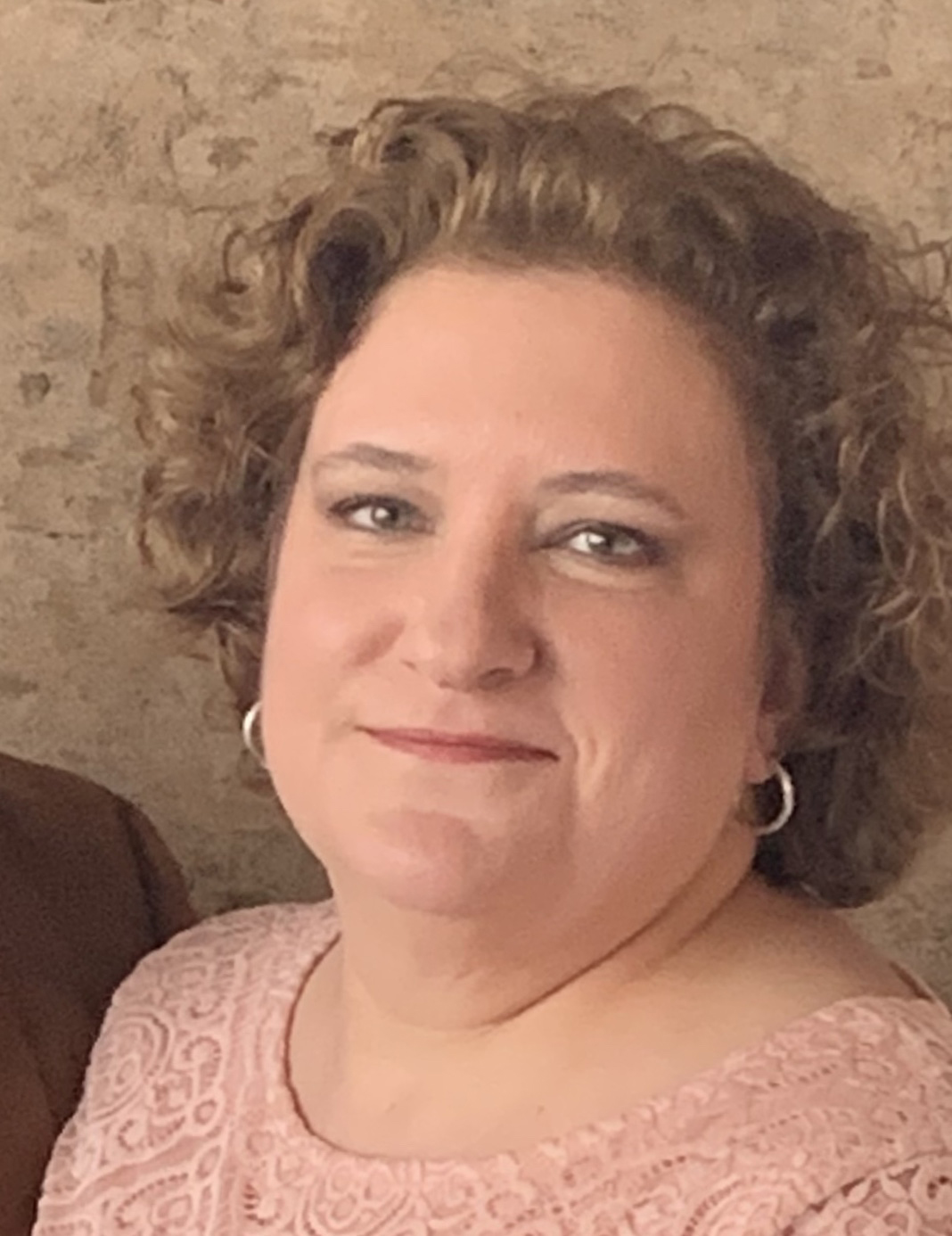
After stepping into the role of Chair of Spalding University’s School of Professional Psychology last July, Dr. Brenda Nash will have the opportunity to enhance her leadership skills over the coming year in one of the nation’s most highly regarded professional development programs for women leaders in her field.
Nash is among the small group across the nation who were recently chosen to participate in the 13th class of the American Psychological Association’s Leadership Institute for Women in Psychology, which exists to enhance the number and effectiveness of women psychologists holding leadership positions in academic, practice and other professional settings.
Nash will participate in more than a dozen workshops and discussion sessions this spring and fall while also completing a leadership project.
“I am incredibly proud to be selected,” Nash said. “It’s a program that is set up to educate, empower and support women in psychology as leaders. For me, having just transitioned into the Chair role, it’s perfect timing for me to get some additional training, some additional support of being a woman leader in academia.”
Nash said that while she is excited for the personal opportunity to develop her leadership skills, she is “equally or more excited” for the chance to share what she’ll learn with other women on the psychology faculty and in the student body who aspire to be leaders.
Nash said that while a lot of administrative models are so-called “power over” models – in which the leader exhibits power over others on a team and exercises authority and decision-making with that in mind – she prefers a “power with” leadership model that is more collaborative.
“That is my style as an instructor, as a therapist, and it makes sense that would be my style as a leader,” she said. “But there is not a whole lot of information and training out in the world about how to be a collaborative leader. … I think (going through this institute) is not just about learning skills but feeling the support and empowerment of being that kind of leader – seeing that as a viable, important way of leading.”
Inclusion in the APA’s LIWP is the latest accolade in a distinguished tenure for Nash at Spalding.
Before ascending to the role of Chair, Nash spent nine years as the School of Professional Psychology’s Director of Clinical Training, where she managed practicum and internship placements of students in Spalding’s Doctor of Psychology (PsyD) in Clinical Psychology program.
Under Nash’s watch, Spalding has matched 100 percent of its doctoral students with an internship for the past seven years, including a current four-year streak in which every student was placed at an APA-accredited site. The rate at which students are matched with APA-accredited internship sites is considered a key measure of the overall quality of a PsyD program, and Spalding has been perfect in that category since 2017.
Nash, who graduated summa cum laude for all three of her degrees (doctorate from the University of Kentucky, master’s from Xavier University and bachelor’s from Morehead State University), came to Spalding as an adjunct instructor in 1998, then joined the fulltime psychology faculty in 2006 as Director of the Adult Emphasis Area. In 2013, she earned tenure, and in 2019 she was elevated to full professor.
Last June, just before she became SOPP Chair, Nash was honored with Spalding’s 2020 Outstanding Faculty Award.
“I never envisioned being Chair of the program, but it’s such a privilege and honor to be in this role,” she said. “I love this program and believe in this program.
“When we train one student to be a wonderful psychologist – and they go out into the world, and you think about all the people they work with, and then all the people in those people’s lives – the impact of that one student just ripples. … To teach and train the next generation of psychologists to have an impact in their communities and their world, it’s very humbling.”
Spalding Dean of Graduate Education Dr. Kurt Jefferson said he is happy that Nash earned the recognition from the APA’s prestigious training program.
“She will enjoy this opportunity,” Jefferson said, “and her stellar vision and leadership, in guiding Spalding’s School of Professional Psychology, will guide her in working with colleagues across the nation on many topics, such as clinical education, social justice, and training doctoral-level clinical psychology students.”
Nash said that her inclusion in the LIWP is a symbol of validation of the APA’s view of Spalding’s psychology programs.
“The fact that they see me as someone they want to spend the time and energy developing as a leader says they also see the value of what we do in this program and at this university,” she said. “I think it’s huge.”